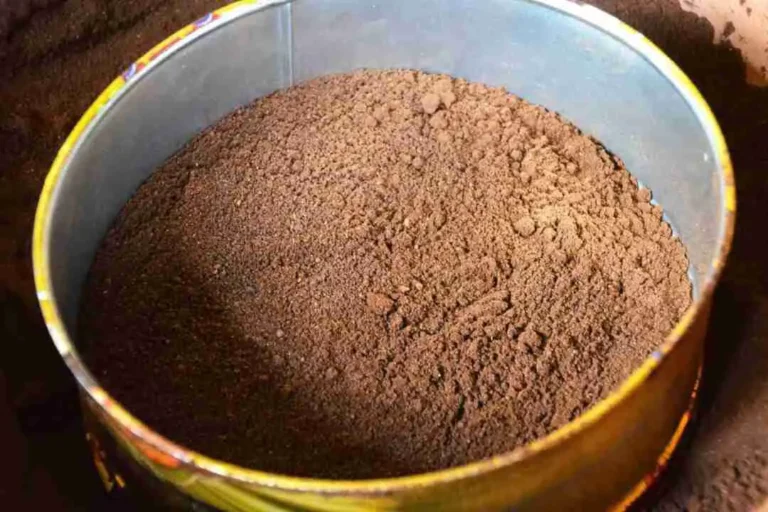Can Dogs Eat Watermelon?
Watermelon is one of the most popular summer delicacies in the United States, and it’s a regular fruit served at backyard barbecues and picnics. It’s a delicious, juicy fruit that contains 92 percent water (ranking it first among fruits with high water content) and has a nutritious density that few fruits can match. It’s a popular human treat, but it’s also a healthy and hydrated canine treat!
Although the watermelon is high in nutrients and moisture, there are a few things to keep in mind when feeding it to your dog. So let’s take a closer look at the advantages and disadvantages of giving your dog watermelon as a treat. Let us also have a look at watermelon rind and seed’s effects on your dogs.
Can dogs eat watermelon rind?, strange right; how about this Can dogs eat watermelon seeds? and if yes how much watermelon can dogs eat?
What are the advantages of watermelon for my dog’s health?
Antioxidants, potassium, vitamins C, B6, and A are all abundant in watermelon. It also contains a lot of Lycopene and is high in fibre. In fact, the USDA’s Watermelon Promotions Board believes watermelon to be a superfood. Watermelon’s high nutritional value makes it one of the greatest choices as a healthy snack for both you and your dog, despite the fact that it’s 92 percent water.
Let’s look at the health benefits of watermelon in more detail:
Moisture: A high moisture content (94%) aids hydration, which is especially helpful in hot weather.
Antioxidants help to repair cells that have been harmed by environmental pressures on our bodies and our dogs’ bodies. Consider them oxidation troops, on the lookout for damaged cells and rescuing them from the degradation that wreaks havoc on our dogs’ bodies as they age.
Lycopene is the pigment that gives watermelon and tomatoes their attractive red colour. It can also help dogs with cancer prevention and visual support. It also appears to inhibit the progression of cancer, according to research.
Potassium improves muscular development, supports healthy kidney and heart function, promotes healthy bone density, regulates fluid levels, and supports healthy kidney and heart function.
Vitamin C is another potent antioxidant that strengthens the immune system while also reducing inflammation.
Fiber: Fiber keeps food flowing through the intestines, preventing constipation, diarrhoea, and obstructions.
Vitamin A helps to maintain the health and function of the skin, coat, muscles, and nerves.
Vitamin B6 is an essential cofactor for your dog’s brain and body processes, including fluid balance, protein synthesis, hormone regulation, and neurotransmitter support.
Is there anything my dog can’t eat from a watermelon?
Watermelon is a delightful, moisture-rich fruit that your dog will devour on hot days, but not everything about it is as it seems. When serving this treat, there are a few things to keep in mind.
Watermelon seeds (grown ones) are poisonous to dogs. A few seeds taken by accident are unlikely to cause harm, but if you let your dog eat a whole watermelon slice, they may consume too many seeds. If this is the case, the hard seeds may clog the dog’s digestive tract, resulting in an intestinal blockage. This is especially true for little dogs, as their intestines are significantly smaller than those of larger dogs. The easiest method for your dog to enjoy this delicious fruit is to remove the seeds and feed small slices.
Is it okay to eat seedless watermelon? Yes!
Watermelon with no seeds is the finest option for your dog. The seeds aren’t ripe enough or in large enough quantities to bond in the intestines. You should still be aware of the fruit’s seed content, but if your dog enjoys watermelon, this is a considerably better option.
Can dogs eat watermelon rind? Is it ok?
Another portion of the watermelon that your dog should avoid is the rind. Your dog can eat the light green portion of the rind, but the rind itself is too tough for them. Their digestive system can’t break it down properly, and it, like the seeds, can cause an intestinal blockage.
It’s better to remove the rind and seeds from the fruit before giving it to your dog.
Is it possible for my dog to consume too much watermelon?
Watermelon, like anything else, maybe too much of a good thing.
It should be remembered that a dog’s regular nutritionally balanced dog food should account for 90% of his or her diet. Treats and watermelon should only make up 10% of your dog’s diet to avoid obesity and diabetes.
Your dog may get stomach distress, constipation, or diarrhoea if he eats too much watermelon. Smaller dogs, on the other hand, should eat far less as a snack than larger dogs.
What about watermelon’s sugar content?
Watermelon contains sugar, however the high fibre content works as insulation for the sugar, allowing it to enter the bloodstream more slowly than sugar from fruits. If your dog has diabetes, however, you should wait until your vet has instructed you on serving sizes and your dog’s diet needs before giving him watermelon.
What are some unique ways to give my dog watermelon?
By the gramme: Remove the seeds and rind from the watermelon before cutting it into slices and giving it to your dog.
Freeze pieces (seeds and rind removed) for a refreshing summer treat.
Pureed: Puree the fruit (removing the seeds and rind) and freeze it in ice cube trays to serve as a snack.
Watermelon and other dog-safe fruits, such as blueberries, bananas, or pineapple, can be pureed with yogurt or peanut butter and frozen in ice cube trays for a unique treat. Alternatively, make a smoothie out of them!
For a chewy treat, dehydrate the fruit (without the seeds and rind). The fruit’s moisturizing benefits will be lost, but your dog will still love it.
Is it possible for your dog to eat watermelon? Yes, it’s a healthy snack option!
Yes, watermelon is one of the best fruits to give your dog as a treat. It belongs in the superfood category because of its high moisture and fibre content, as well as tightly packed nutrients. When correctly prepared, it’s a simple, nutritious, and hydrating treat for your dog when the sun is shining brightly and he needs some extra water or a pleasant snack. However, if your dog eats too much watermelon, it may cause an upset stomach.
With so many creative ways to serve watermelon to your dog, it’s difficult to overlook it as a nutritious addition to your dog’s snack menu!
To conclude
Are you wondering if dogs can eat watermelon? Yes, dogs can eat watermelon in a moderate frequency.
You may also want to know: can dogs eat watermelon rind. Dogs and watermelon ring do not make good friends. So dogs cannot have watermelon rind.
To extend, you may also ask what about watermelon seeds? Can dogs eat watermelon seeds? Dogs should not be given with watermelon seeds. So note that no watermelon seeds for dogs.
The common doubt people ask is how much watermelon can a dog eat? Watermelon in spite of having 92% water content and nutritional value, cannot constitute more than 10% of the dog’s diet.
Credits: Hkyu Wu from Unsplash.






